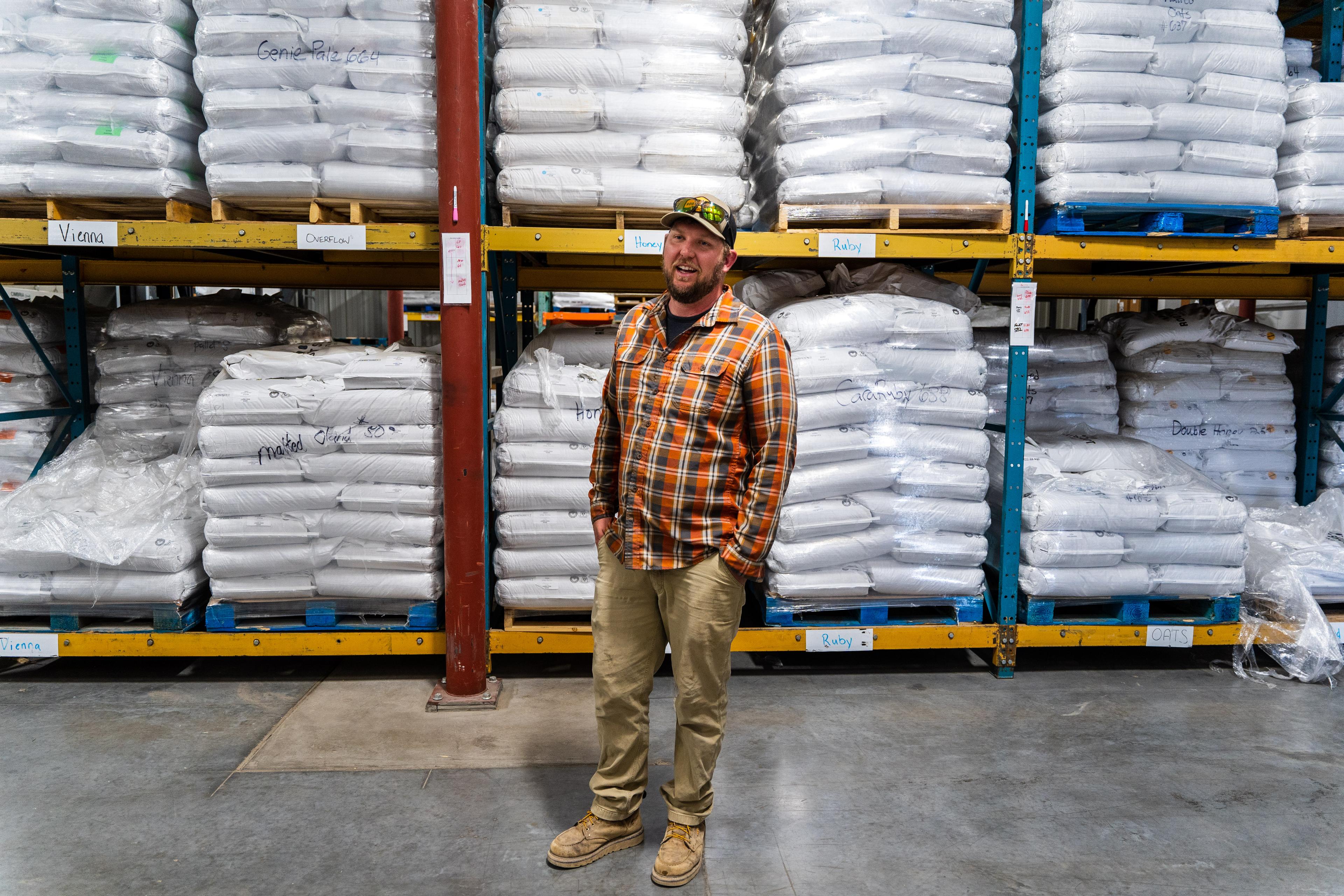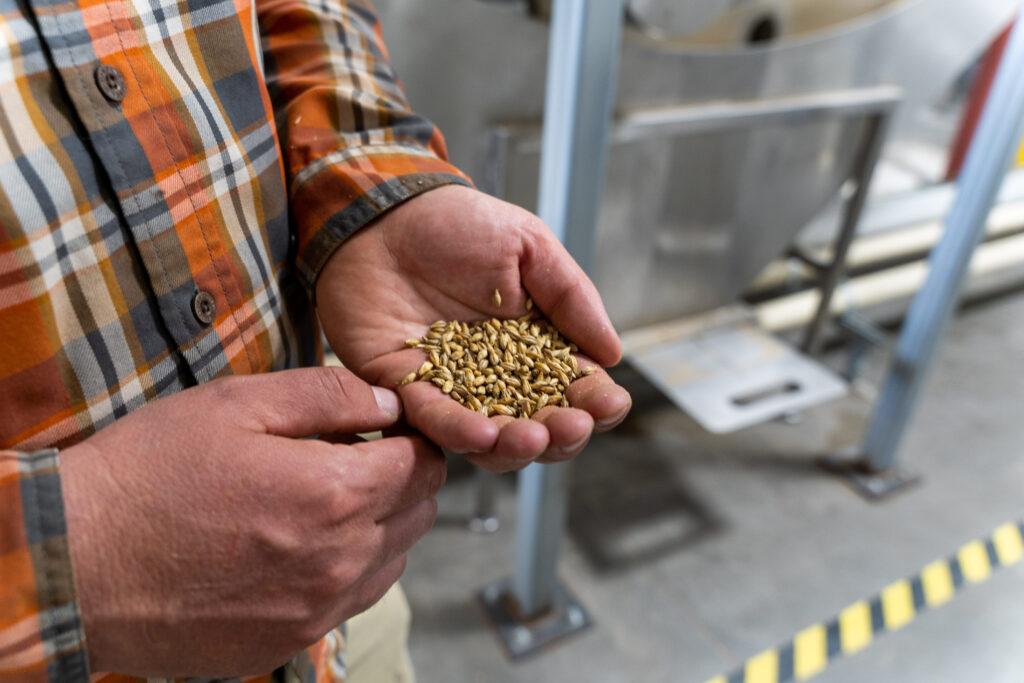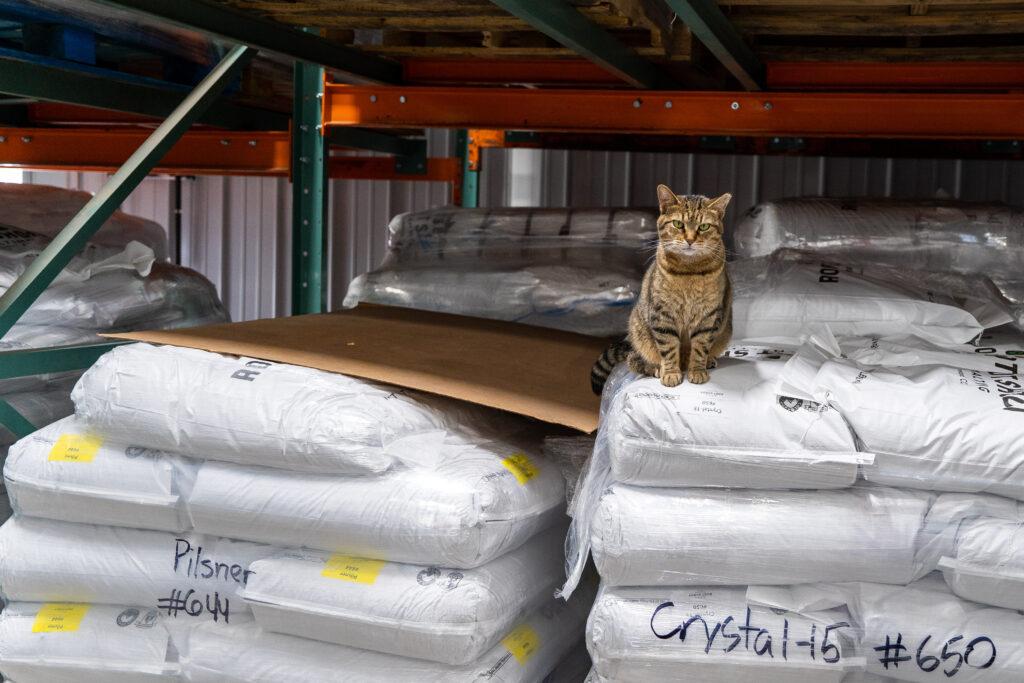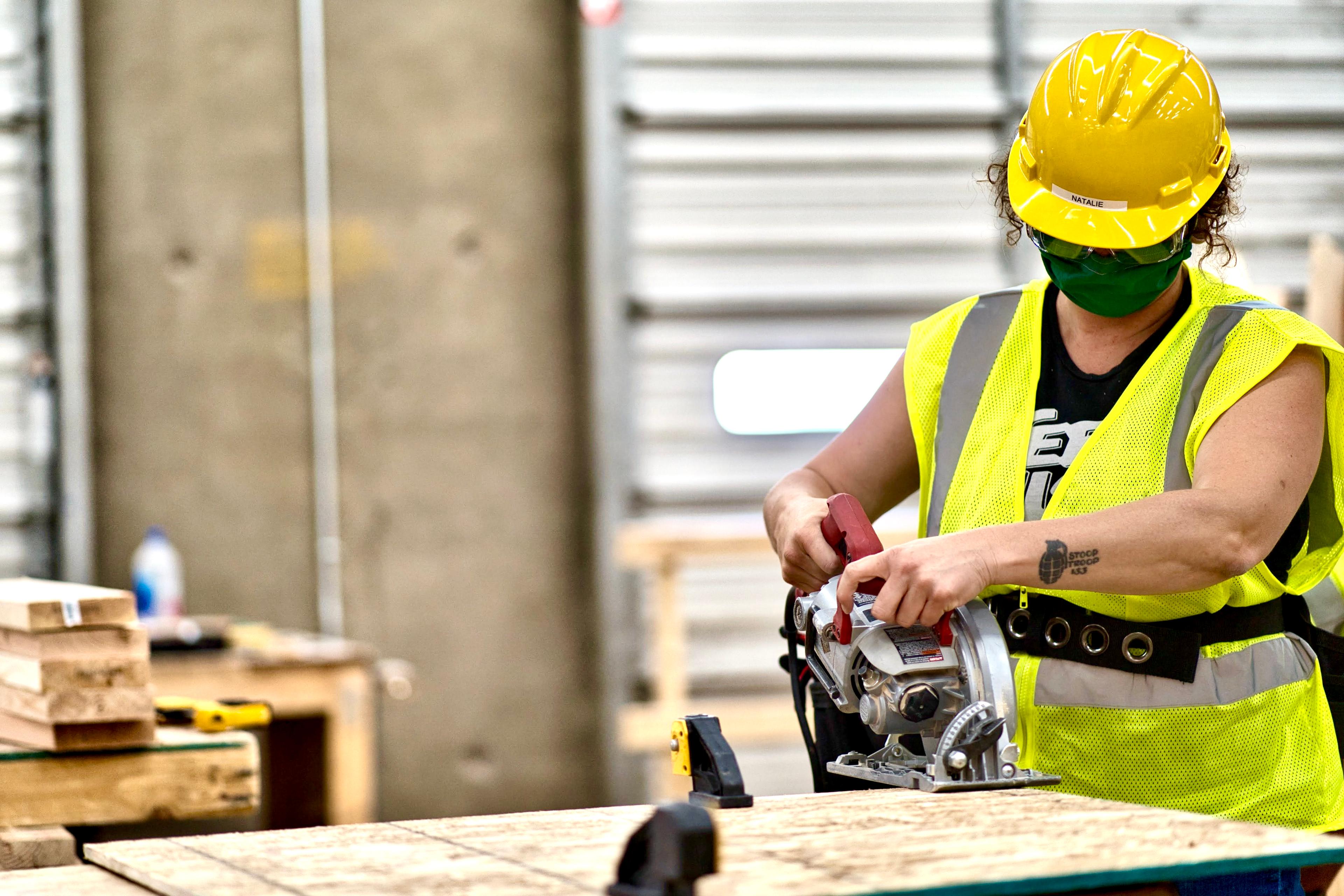
The Olander family has been farming near Loveland since the 1920s. They’ve grown everything from alfalfa to corn used to feed dairy cows.
The family’s farming operation spans multiple locations in Larimer County, one of the fastest-growing counties in Colorado, but the roughly 2,000 acres on which they grow are all nourished by Rocky Mountain snowpack more than a hundred miles away.
Nearly a decade ago, Todd Olander, 44, started worrying about that snowpack, the future of the family’s farm, and whether he could count on the run-off being a reliable source of irrigation water.
“There's been times where we've gone into spring planting or planting corn where we're planting into dry soil knowing that there's really not any irrigation water either available, but Mother Nature’s always come through for us,” Olander told CPR News.
That may not always be the case, scientists say. Research suggests that warming is already having profound effects on snowpack and diminishing the amount of water that flows downstream. The warming, mostly driven by carbon emissions from burning fossil fuels, is also melting snowpack in some mountain areas much earlier, which could affect the amount and timing of water that’s available to farmers when they count on it.
To harden his farm business, Olander turned to the craft beer industry — and the focus is paying off.
In 2016, Olander opened Root Shoot Malting, which supplies grain and malt for Colorado’s craft beer industry, which is one of the biggest in the country and produced more than 830,000 barrels last year, according to data from the Brewer’s Association.

Olander said microbrewers prize barley that can be grown with less water and varieties he said respond well to more sustainable farming practices. Root Shoot has successfully used low-till farming methods and tried different crop rotations that keep the soil moist and healthy. Olander said he’s also had good results with varieties of winter barley, which are planted in the fall and often need less irrigation because they hit their peak before spring moisture bakes away.
Root Shoot does the malting on-site by adding filtered municipal water to batches of grain, which germinates before it’s dried out with a blast of air — a process called “kilning,” which can be dialed in to give the malt signature flavors for different types of beer.

Olander said preparing for climate change and related water shortages has made his farm business hardier — and better.
“Someday, it's going to come back and get us and bite us, and I want to be ready when that day comes,” he said.
When Root Shoot opened, it imported a railcar-sized stainless steel drum from Germany to create batches of malt. The company now supplies malt to 175 craft brewers and distillers, mostly in Colorado, and Olander has added two additional malting drums to keep up with demand.
- Colorado has ambitious EV goals. We put its charging network to a road trip test
- How a Colorado scientist wants to slow climate change — one brick and tile at a time
- DPS students, propelled by climate change anxiety and initiative, push for heat pumps in schools
- Want to recycle your own water at home? A new proposal could make that easier in Colorado









